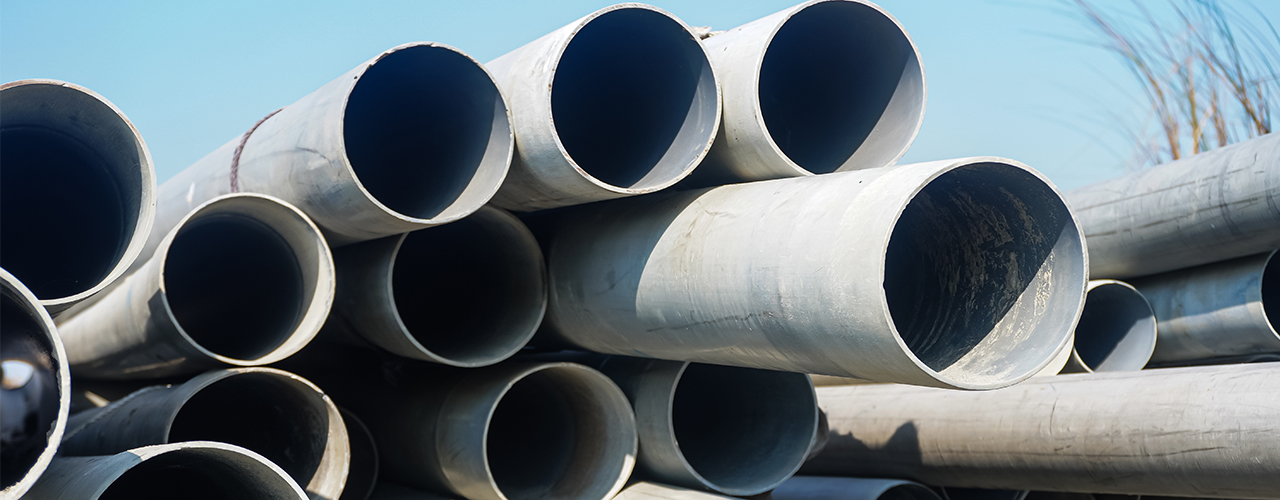Recycling hard plastic doubles the life cycle of plastic pipes
Old hard plastic soil pipes and other hard plastics used in earthworks gain a new life when treated by Syklo Oy. Recycling hard plastic pipes is only a taste of things to come, as Syklo plans on further boosting the recycling of plastic products.
Hard plastic construction pipes have been challenging to recycle. Recycling and reutilising hard plastics has been relatively inefficient in Finland, so a large portion of plastic pipes have either made their way to elsewhere in Europe for recycling or to a waste incineration plant to be used as an energy fraction.
“Freighting plastic pipes over long distances is not a very cost-effective recycling method. Waste incineration has not been a very good solution either, as large plastic pipes are difficult to treat,” shares Heikki Harju-Autti, circular economy manager at Syklo Oy.
However, Syklo has seized on the recycling of hard plastic pipes. Old plastic pipes, such as pipes containing PVC plastic, which have been torn down during drain renovations and earthworks, are transported to Syklo Oy’s recycling centre in Rusko, Oulu. The pipes are then sorted, treated, and loaded again for our partners to use as raw material for plastic.
“The old pipes are primarily used to make new pipes or as material for pipes,” says Harju-Autti.
Infrared will facilitate the identification of plastic grades
Recycling plastic pipes is challenging, as the identification of different plastic grades may give even the experienced processor some trouble. Currently, human power is used for the identification, but in the near future, infrared sensors to be installed at Syklo’s production lines will be used, allowing for the better capture of information for even a smaller amount of plastic. When visually examining them, plastic pipes may look exactly the same, but different plastic grades are very different. For example, further processing of PVC pipes is difficult, as only certain colours are acceptable for reprocessing.
“Of course, some will always remain unidentified because we have to be sure that the loads continuing on to our customers are always of the same quality. Otherwise, one bad piece may ruin the whole batch,” says Heikki Harju-Autti.
Recycling hard plastic pipes torn down at renovation sites is only a start, as Syklo intends to further improve the recycling of plastic in the future. The next thing to be processed will be large, decommissioned recycling containers. They are of the same plastic grade as hard plastic pipes.
Global interest in the reuse of hard plastic
Heikki Harju-Autti admits that recycling hard plastic products is still a learning process, but it is one worth undertaking. The benefit is obvious: Due to recycling, oil-based products do not have to be reproduced.
Globally, the reuse of materials is on an upward trend and a mode of operation of the future, which naturally also makes it commercially beneficial to boost recycling. It is of interest to both waste processors and producers, as recycling makes it possible to use a product for a very long time.
“The physical life of a soil pipe can easily be 50 years. If it is then recycled into a new pipe with a physical life of a further 50 years, that does significantly increase the product’s life cycle,” states Heikki Harju-Autti.

Heikki Harju-Autti
Circular Economy Manager
+358 44 703 3610
heikki.harju-autti@syklo.fi

